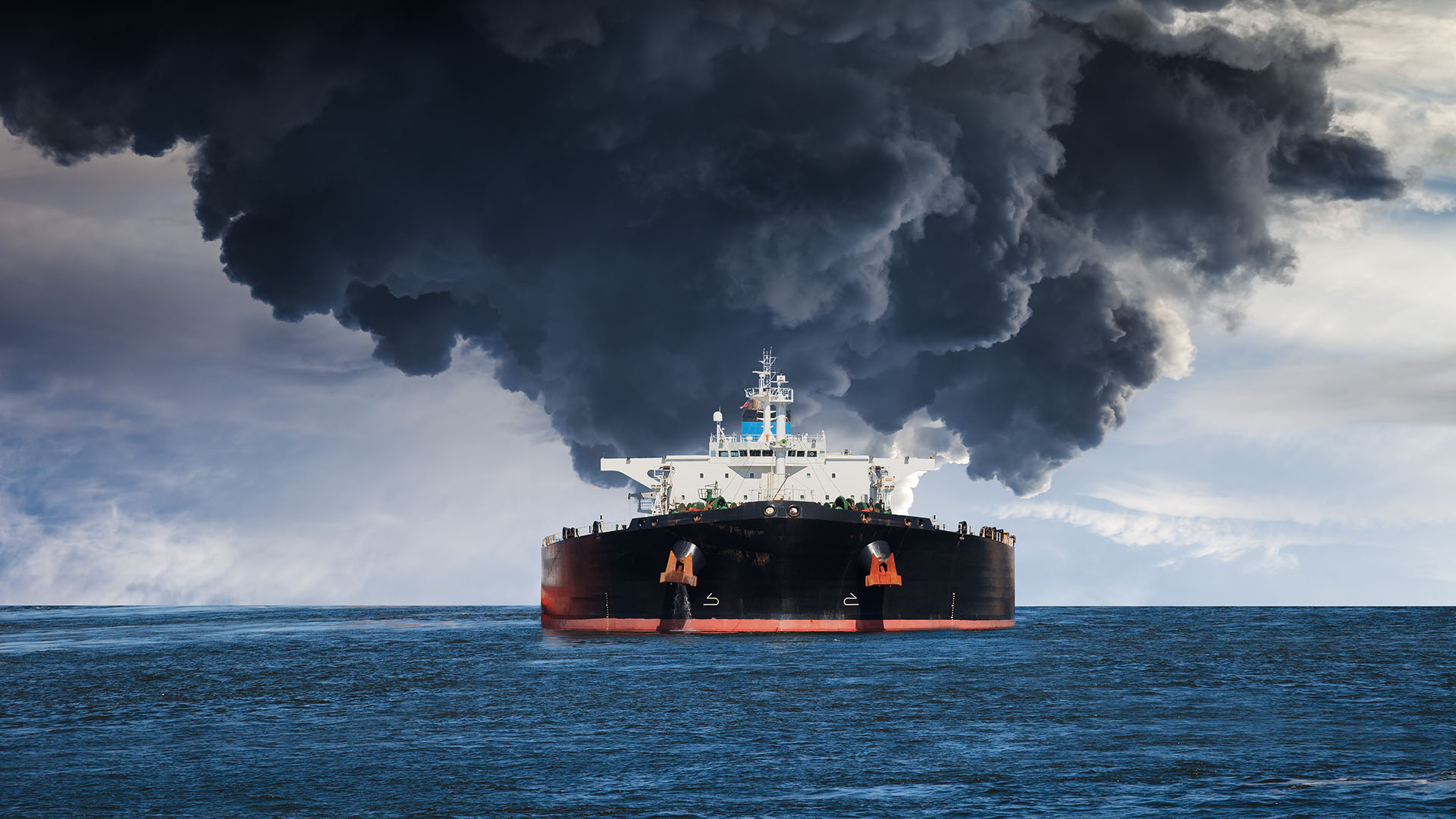There continues to be increasing rhetoric on the monitoring and enforcement of the G7 and Australia’s (“Coalition”) Price Caps on Russian crude oil and petroleum products (“Price Caps”). It should come as no surprise to maritime operators providing services connected to the maritime transport of Russian crude oil and petroleum products that post-implementation of these Price Caps, the Coalition is now turning its attention to monitoring and enforcement. Varying enforcement appetites and priorities aside, a few key themes emerge for those operators required to comply with the Price Caps.
Compliance among the Coalition
In an international industry like shipping, there will undoubtedly be multiple maritime related operators providing a range of services, required to comply with different sanctions laws and regulations. For operators based in Coalition countries, the Price Caps allow these operators to continue to provide services connected to the maritime transport of Russian crude oil and petroleum products, only if those crude oil or petroleum products are sold at or below the relevant Price Caps. For operators required to comply with more than one Coalition country’s sanctions, compliance with multiple sanctions laws and regulations related to the Price Caps is not without its challenges.
While there is some uniformity across the Coalition, there are derogations among jurisdictions which do create challenges for operators, especially for operators modelling compliance based on one jurisdiction’s sanctions regime. Where compliance with multiple sanctions regimes is required, reviewing internal policies, procedures and processes is critical for streamlining compliance and factoring in “carve outs” for specific jurisdictions.
Record keeping, testing and auditing should also not be overlooked. This is particularly relevant considering the Coalition’s continued compliance monitoring and enforcement rhetoric. Operators with robust and documented record keeping processes with respect to Price Cap compliance, are best prepared and equipped to respond to requests from sanctions regulators or other operators requiring evidence of attestations and due diligence.
Reliance and Due Diligence
While jurisdictions imposing sanctions rarely prescribe specific rules, due diligence is the only practical way operators can avoid breaching sanctions (especially for jurisdictions imposing strict liability offences for breaches of sanctions).
However, in addition to obtaining “attestations”, there are Price Cap specific due diligence requirements based on an operator’s “tier”. Minimum requirements and expectations can and do also apply, irrespective of an operator’s “tier” classification.
Sanctions regulators in the Coalition are also focused on the use of Automatic Identification System (“AIS”) tracking as a core component of Price Cap due diligence. When undertaking tracking of vessel activity and port calls through such measures (often resourced through third party providers), operators should note that sanctions compliance is ultimately a non-delegable responsibility.
Inadequate AIS screening measures can limit an operators’ visibility of vessel activity, especially for those operators providing insurance or financing related activities, and who may want to confirm that the vessels those services are provided to are complying in Price Cap related trades.
Evasion and the Environment
A “side-effect” of the Price Caps (not to mention other significant oil-related sanctions imposed on jurisdictions such as Venezuela and Iran) is the reported increase of vessels “going dark” to evade and circumvent sanctions. An International Maritime Organisation submission also raises the potential legal and regulatory risks in relation to environmental hazards related to illicit ship-to-ship (“STS”) transfers.
Such risks can affect legitimate operators, particularly the following:
- Trading Disruptions and Environmental Hazards: the type of shipping with some of the highest levels of risk involves crude oil tankers or smaller tankers carrying heavy oil, such as bulk bunkers which could potentially be involved in a major oil spill, causing significant environmental damage. Environmental risks from oil spills are also compounded by the area where an STS transfer occurs or from vessel-to-vessel collisions, especially if the STS or collision occurs in proximity to a major shipping and trade route.
- Compensation and Civil Liability: under international conventions, liability for damage to vessels involved in collisions is apportioned depending on the degree of fault placed on each colliding vessel. Compensation and damages could arise from inadvertent and unforeseen collisions resulting from unsafe maritime conditions by vessels evading and circumventing sanctions.
- Insurance and Financing: unsafe seafaring and maritime conditions caused by vessels evading and circumventing sanctions may also affect compliant operator’s financing and insurance arrangements. For example, where a large oil spill occurs there is every likelihood that insurance cover will be exhausted, and claimants, government and coastal authorities may also look to other parties for recovery.
The Coalition continues to make clear its active monitoring and enforcement with respect to the Price Cap. As such, operators should continue to monitor and adopt a “fit-for-purpose” approach, commensurate with their tier (which may change depending on the nature of the particular trade) and ensure they adopt sound record keeping processes. Robust contractual clauses that specifically address the Price Cap requirements should also be introduced. Finally, operators must remain alert to the wider effects of sanctions and Price Cap evasion and circumvention impacting the maritime sector.
If you have any questions in relation to compliance with the Price Cap, including implementing policies and procedures to assist in responding to an investigation, please contact us.


